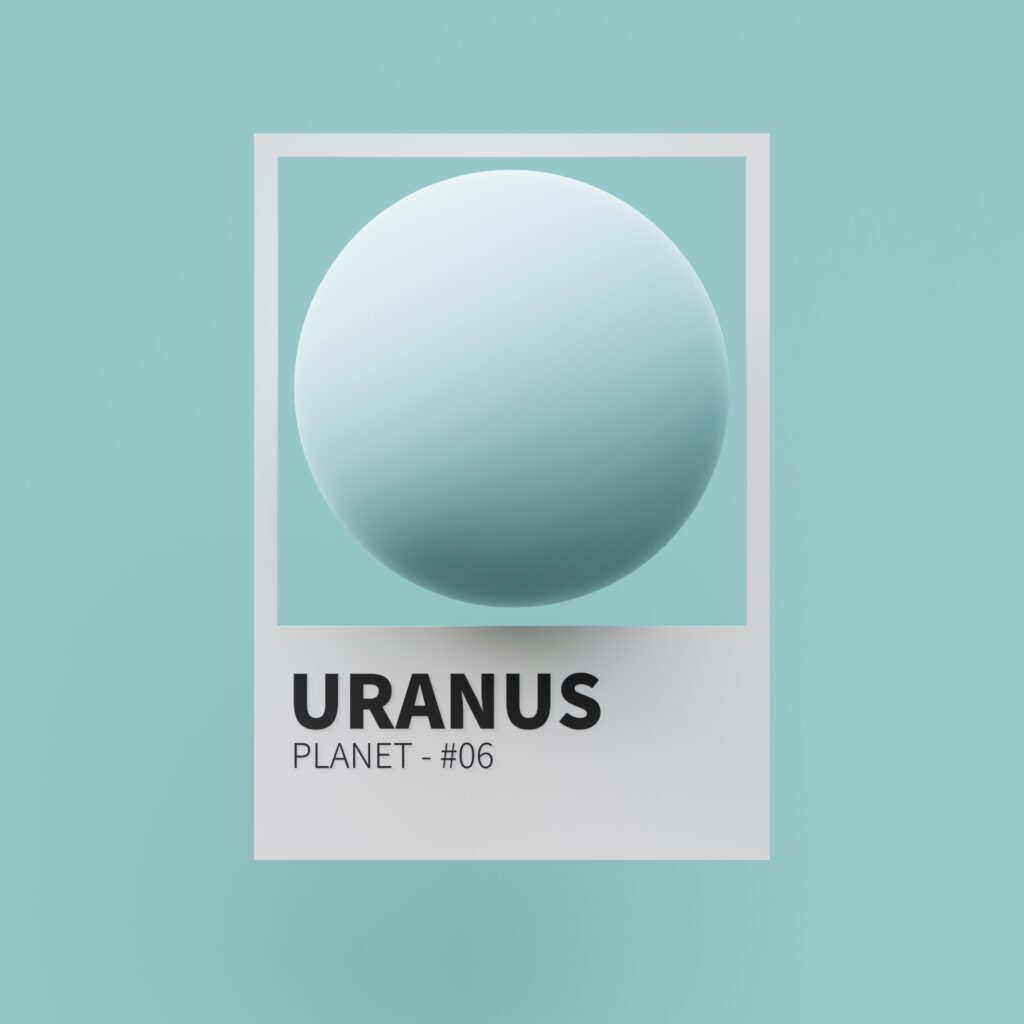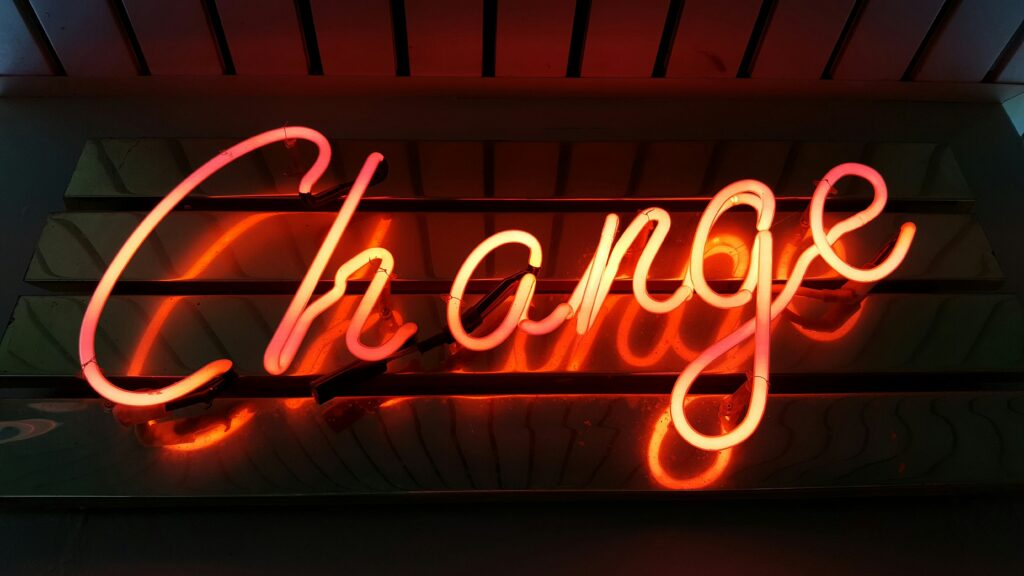Recent Musings

Oh, Uranus, you sneaky little trickster of a planet. Yes, you have a long orbit time (84 years), but you LOVE to get us with a “gotcha” moment. Something we humans (at least here in the United States) love to call an astrological mid-life crisis.




Transiting Uranus opposing natal Uranus explained.
What does Uranus represent? Energetic archetypes of unconventionality, innovation, sudden unexpected changes, spontaneity, erratic, and transformation come to mind. Though slow-moving, she quickly reminds you that change needs to happen even if you’re not paying attention.
My most poignant experience to date happened roughly seven years ago, one night when I was in a deep sleep. This occurred during July or August of 2017. At that time, Uranus was trining my natal Neptune. I remember it was a full moon. In the middle of the night, I woke up suddenly. I felt a massive wave of energy, so sudden it felt like a lightning strike through my entire body.
This profound and seemingly obscure experience began a very intense spiritual awakening and dark night of the soul. The transiting Uranus trine my natal Neptune, was a profound astrological experience bringing significant change to my life forever altering my path.
What could an astrological mid-life crisis mean for you?
At the midway point of a complete Uranus cycle, roughly 42 years, people experience this astrological mid-life crisis. A time filled with excitement, fear, feelings of liberation, and a need to live life in alignment with your authentic self, and change is inevitable. This sudden, once-in-a-lifetime intense period profoundly shifts an individual into a direction they never saw coming. It’s a time when one thinks to themselves, “Oh my god, I have everything in life, but I’m not happy; I need to change something now.” or “I’m not getting any younger, and I still haven’t traveled the world like I have always wanted. I will quit my corporate job and teach English abroad while I travel the world.”
This is at the top of my mind because I turned 40 this year. I couldn’t help but think about my own impending astrological mid-life crisis and what this period may mean for me.
- Who am I? Am I the person I want to be? Do I show up in a way that reflects how I see myself?
- Do I have the right priorities and goals that align with my deepest desires and purpose?
- Am I willing to take action to achieve those goals? If not, am I willing to accept those consequences?
One universal truth I’ve come to accept is that I and everything around me are constantly changing. How do I embrace a period of intense, sudden, life-altering change that is bound to happen?
What should you do about the uneasiness you may experience?
Positive psychology and Taoism taught me two things: Self-Determination Theory (SDT) and wu wei.
Self-Determination Theory:
Because you probably like to feel in control of your life, self-determination theory looks at the ability or process of making your own choices, which in turn controls your destiny.
Let’s examine how positivepsychology.com breaks down some of the main components of SDT. You can read more about this theory to learn more about its history and evolution.
Essential Components of SDT:
- Intrinsic Motivation: “comes from within” (Ackerman).
- Extrinsic Motivation: drive to behave based on external sources, resulting in external rewards” (Ackerman).
- Autonomous Motivation: “includes motivation that comes from internal sources and includes motivation from extrinsic sources for individuals who identify with an activity’s value and how it aligns with their sense of self” (Ackerman).
- Controlled Motivation: “made of external regulation-a type of motivation where an individual acts out of the desire for external rewards or fear of punishment” (Ackerman).
- Introjected Motivation: “motivation from ‘partially internalized activities and values’ such as avoiding shame, seeking approval, and protecting the ego” (Ackerman).
The theory ties in autonomous and controlled motivation to state that you may feel more self-directed and autonomous when driven by autonomous motivation. On the other hand, if you were driven by controlled motivation, you may feel pressure to behave in a certain way; as a result, you may experience little to no autonomy (Ackerman).
That sounds familiar. Reflect on the moments or times when your decisions and actions were motivated by feeling pressured or needing to behave a certain way just to “fit in.” I can think of some general life experiences off-hand: corporate masking, making friends as a teenager, into early adulthood, etc.
But what does this have to do with astrology? Well, I’m glad you asked. By reaching our early 40s, we have lived enough life, gained enough experiences, and navigated enough relationships and situations that our motivational drivers have been tested repeatedly. The more we make decisions and take actions that are either in alignment or out of alignment with our authentic internal self-identity, the stronger we develop a sense of whether we are living a life that is authentic to us. What happens when you’ve followed what everyone else says for too long? It becomes painful that you can no longer operate that way, and something needs to change. When the transiting Uranus opposes your natal Uranus, that is when the energetic catalyst is at its peak for you to make those necessary changes.
Ackerman describes a self-determined person as holding the following characteristics:
- They believe they are in control of their own life.
- They take responsibility for their behavior (taking credit and blame when either is warranted).
- They are self-motivated instead of driven by others’ standards or external sources.
- They determine their actions based on their internal values and goals.
The theory also states that the type of goals and how you pursue them are essential for overall well-being. The phrase “doing things my way” has never been more true. Uranus holds the same energy of being unpredictable, innovative, liberating, awakening, revolutionary, chaotic, progressive, eccentric, rebellious, and electric. This energy aligns with the theory’s premise of fulfilling the basic needs of competency, autonomy, and relationships that meet your needs.
I would argue that you can’t pursue dreams and aspirations at the cost of everyone and everything else around you. That is where Wu Wei comes into the picture.
Taoism: Wu Wei
Sometimes defined as “inaction” or “effortless action,” it is a way of being and acting without a sense of self. You’re in harmony with the world’s energy, and I would also say the universe. It means you still take action. Instead, you put your ego aside. You put your need to control an outcome, how things should be, and your expectations of life and the world, and allow yourself to flow with the energy and where it will take you. In other words, instead of forcing a particular outcome, you make decisions and take actions that follow the natural flow of life instead of fighting it.
You may think that’s great, but I have bills, a family to support, etc. I hear you. That, my dear friend, is the mastery of it all. Some of my favorite examples of grounded practices of wu wei:
- Checking in with my body. Instead of rushing into a decision out of fear, I should pause and tune inward to notice how it physically feels in my body. Would I feel calm, secure, grounded, and at peace if I were to say yes or no? Do I feel relaxed in my body, or do I feel anxious?
- Changing my decision. It is my prerogative to change my mind after I make a decision. Circumstances and information about the decision could have changed, and my original decision may no longer be what is best, and I need to change my response.
- Waiting. Giving no response and waiting a few days or weeks to see how things unfold.
- Observation. I become an astute observer of my own life.
These changes may not necessarily occur in the external world. More often than not, these changes impact how you see yourself, your beliefs, your values, your ideals, etc.
Tools to navigate your astrological mid-life crisis.
But Lisa, these are two completely contradictory frameworks. Yes, AND I still believe you can find a way to balance them both. What if instead of controlling how external circumstances will look, the focus would be on defining the internal frameworks and values that add meaning to you and your life? For example, how would you define success? What would being healthy mean, and what would it look like to you? Where are those definitions and frameworks for how to describe them? How would you define success, happiness, marriage, health, and so on, regardless of what your family, friends, and society say it should look like?
You can build and enhance the skills you need to build your own self-determination: self-awareness and self-knowledge, goal-setting ability, problem-solving, decision-making, ability to self-advocate, ability to create action plans and execute them, self-regulation, and self-management.
So, if you know that around this time in life, something, in some way, will be a life-altering change. How do you want to prepare yourself to navigate that change without knowing how it will look in your life? This, my friends, is where we can start the conversation of navigating our paths. Please share any bits and bobs that resonated with you the most; how would you be more in the flow when life is happening?
You can see my other resources and services here if you’d like to learn more about how I can help you navigate this period.
Sending you big hugs with Light and Love
Lisa
Resources:
- Ackerman, Courtney. (2018). Self Determination Theory and How It Explains Motivation. https://positivepsychology.com/self-determination-theory/
October 1, 2024
Read More